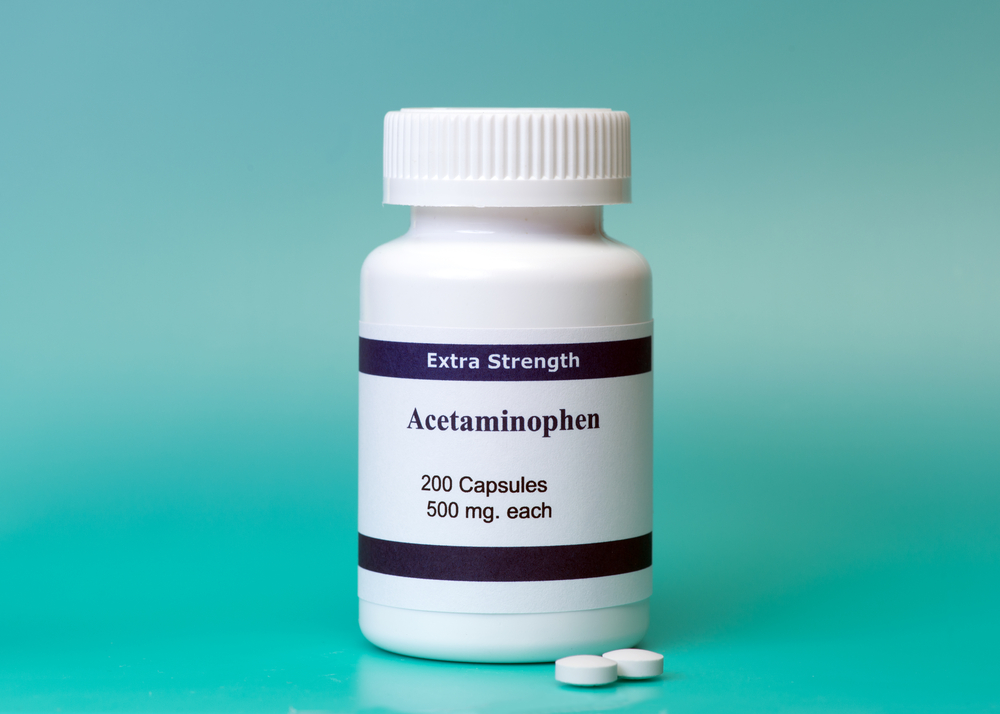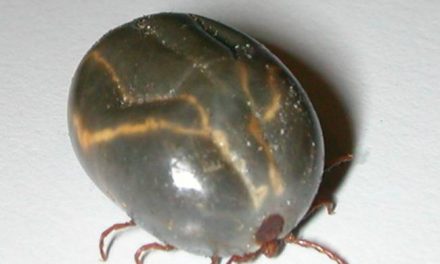California will soon battle over whether to list acetaminophen, one of the world’s most common over-the-counter drugs, as a carcinogen, mimicking other recent high-profile disputes over things like coffee and alcohol.
Outside the U.S., acetaminophen is known as paracetamol and is used to treat pain and fevers. It has been available in the U.S. without a prescription since 1955. It is the foundation for more than 600 prescription and over-the-counter medications for adults and children found in popular brands like Theraflu, Excedrin, Sudafed, Robitussin, and Tylenol.
RELATED STORY:
Concerns about the drug’s potential link to cancer arise from its relationship to another drug: phenacetin, which was once a common treatment for headaches and other ailments. The FDA banned it in 1983 because it caused cancer. According to the AP:
State regulators have reviewed 133 studies about acetaminophen, all of which were published in peer-reviewed journals. Some studies reported an increased risk of some types of cancers, while others did not. Overall, the review noted acetaminophen has been difficult to examine because it is hard to isolate it from other variables that could contribute to cancer, such as smoking.
A state law known as Proposition 65 says California must warn people of any chemical known to cause cancer or reproductive toxicity. The state’s list has grown to about 900 chemicals, including toxic pesticides and flame retardants, and is more extensive than any in the U.S. Some critics say California regulators have been overzealous, requiring warning labels for countless products that confuse instead of inform consumers when the risk of cancer is disputed.
Supporters of Prop 65 say it protects not only Californians but consumers nationwide by compelling manufacturers to make products safer.1
RELATED STORY:
The evidence has been weak to link acetaminophen to cancer. So weak that the International Agency for Research on Cancer refused to list it as a possible carcinogen following reviews in 1990 and 1999. The U.S. Food and Drug Administration has advised state officials that labeling acetaminophen as cancer-causing is illegal under federal law, and would be “false and misleading.”
RELATED STORY:
In 2011, a committee of scientists appointed by the governor voted to make acetaminophen a “high priority” for study because it believed there was relevant evidence to consider.
Although the review process has been gradual, the committee plans to have a public hearing on the listing this spring after the public comment period closes on January 27. Thomas Mack, chairman of the Carcinogen Identification Committee and a professor of preventive medicine at the University of Southern California, noted:
“It’s a difficult issue because it’s a very commonly used drug. But that doesn’t make any difference. That’s not what our mandate is.”1
Adding a chemical to the list can have widespread consequences. Once the state listed glyphosate as a carcinogen in 2017, a jury ordered Bayer-Monsanto to pay a California couple more than $2 billion. A judge then reduced the award to $87 million. There are currently approximately 13,000 pending lawsuits involving the carcinogen.
RELATED STORY:
Believe it or not, the current situation with glyphosate is one of the reasons why the industry is pushing back on a possible listing for acetaminophen. A trade group representing over-the-counter medicines and dietary supplements, the Consumer Healthcare Products Association, conducted a review and observed most studies suggest no risk for most forms of cancer. The association urged California regulators to be cautious in their interpretation studies that indicate an increased risk of cancer. Nonetheless, several studies did show an increased risk for kidney, liver, and multiple types of blood cancer.
California requires warning labels on some listings but has made exceptions. For example, acrylamide, a byproduct of roasting coffee beans, has been listed as a carcinogen since 1990. However, when court ruling would have meant warning labels for coffee, state regulators stepped in and spared the beverage. Additionally, alcohol has been listed as a carcinogen since 1988. But instead of warning labels, the state orders the alcohol industry to provide signs to be posted by California retailers where alcohol is sold.












